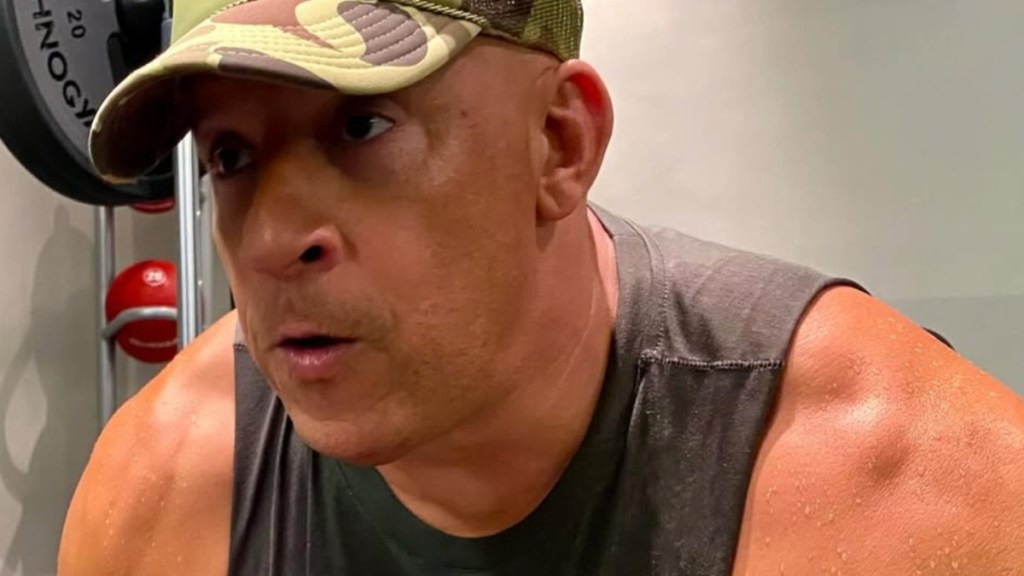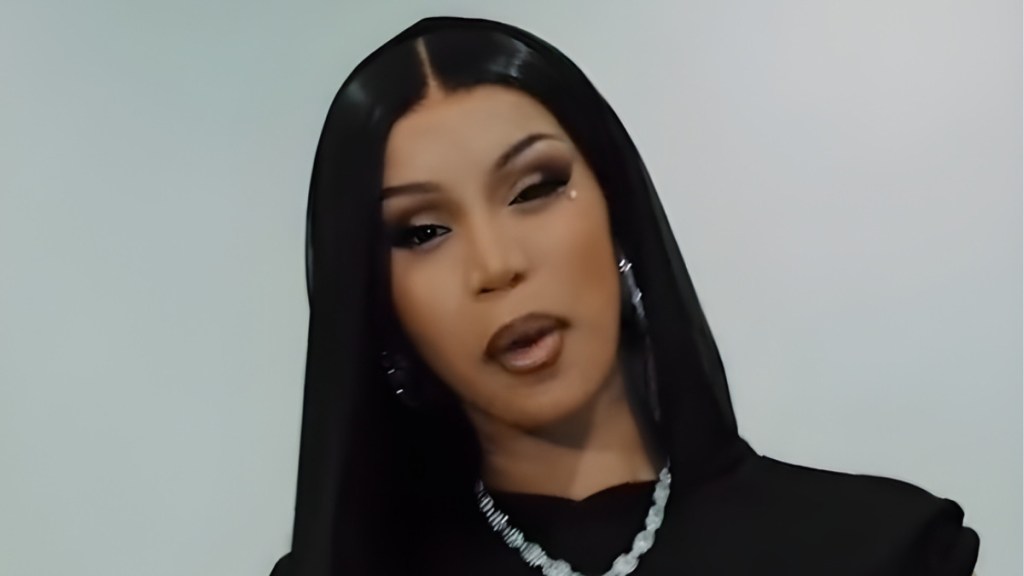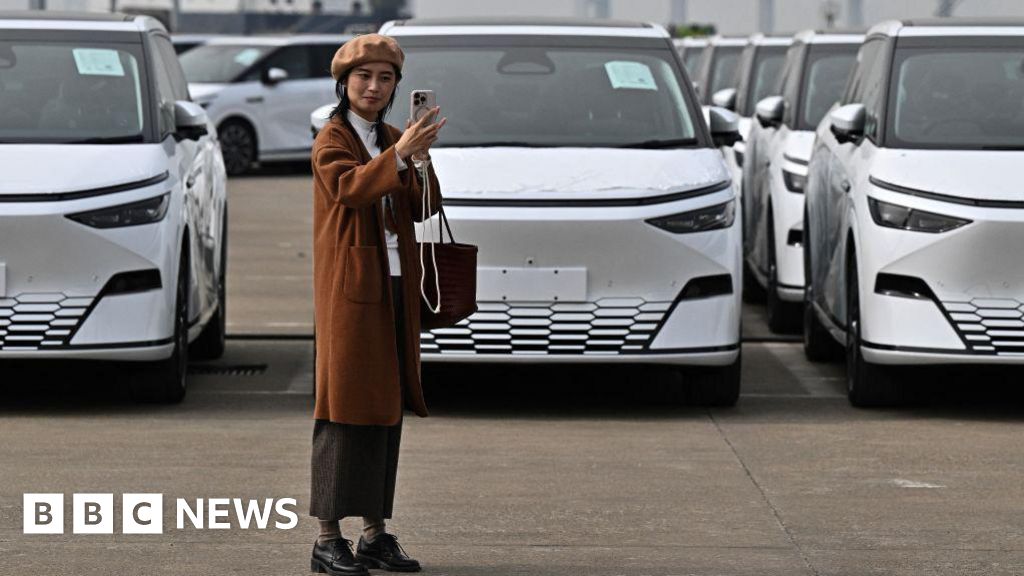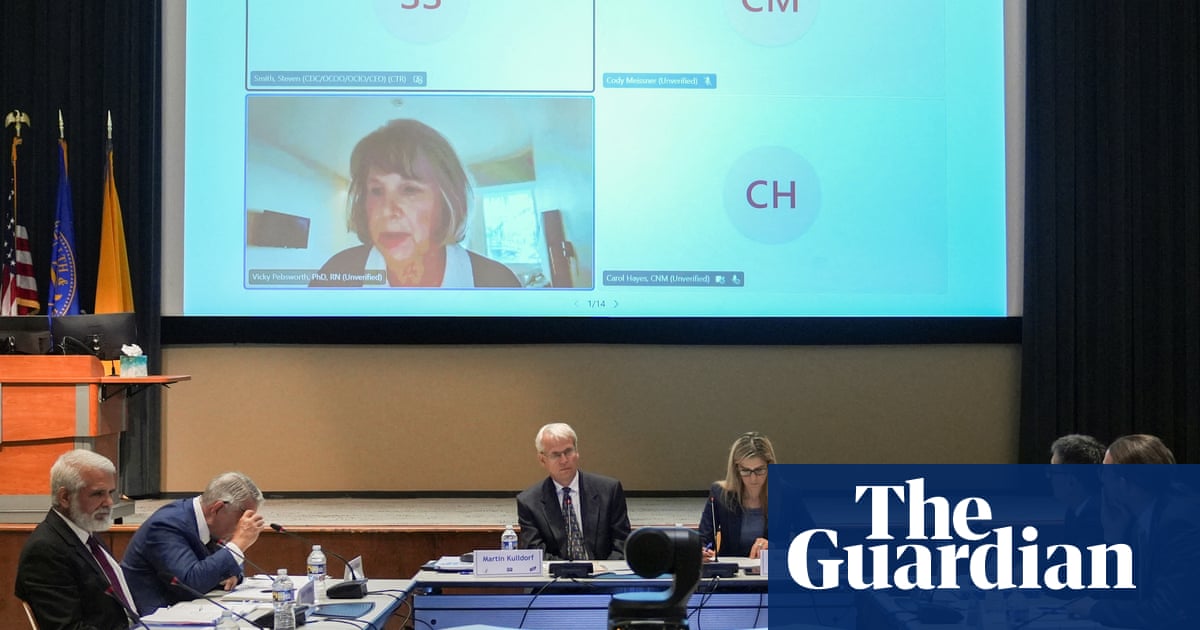Trump Casts Doubt on US-Japan Trade Deal Amid Tariff Tensions
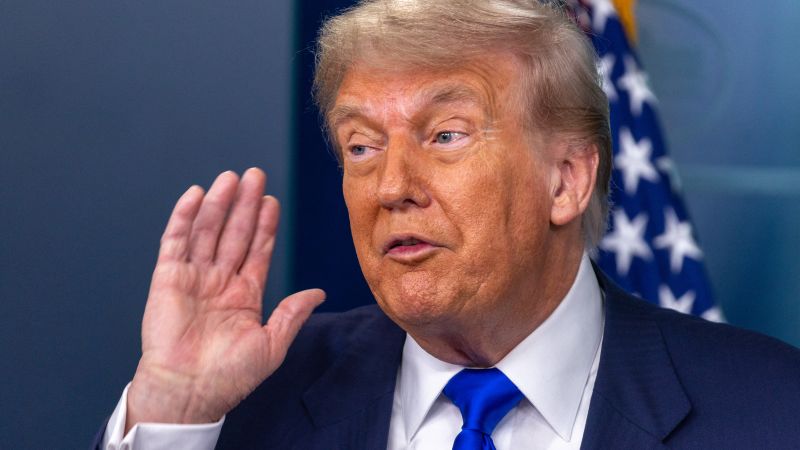
US President Donald Trump has expressed skepticism about reaching a trade agreement with Japan, following his recent threats to impose higher tariffs on Japanese exports. Speaking to reporters aboard Air Force One on Tuesday, Trump claimed Japan has been “spoiled” by decades of favorable trade conditions with the United States, suggesting that this history complicates current negotiations.
As the July 9 deadline approaches for the end of a 90-day pause on Trump’s “reciprocal tariffs,” Japan, along with other US trade partners, is eager to secure deals that might placate the American president. Japanese exports to the US were initially subjected to a 24% tariff when Trump initiated his global tariff strategy on April 2, before a temporary suspension was put in place.
US-Japan Trade Relations Under Strain
The timing of Trump’s comments coincides with a visit to Washington by Japanese Foreign Minister Takeshi Iwaya for a Quad meeting, which also included representatives from Australia and India. This visit followed a series of negotiations led by Japan’s tariff negotiator Ryosei Akazawa, who has made seven trips to Washington in recent months.
Japan remains a crucial trade partner and security ally for the US in East Asia, but the relationship has been strained by Trump’s aggressive tariff policies. On Tuesday, Trump stated he does not plan to extend the tariff pause beyond July 9, remarking, “I’m not thinking about a pause,” when asked about the possibility of prolonging the current reprieve.
Disputed Claims on Rice and Automobiles
On Monday, Trump accused Japan of refusing to purchase American rice, a claim that has been disputed by trade data. According to the US Census Bureau, Japan imported $298 million worth of American rice last year and $114 million from January to April this year. Despite these figures, Trump reiterated his assertion on Tuesday, stating, “They need rice so badly, but they won’t take rice.”
Trump also criticized Japan’s importation of American cars, claiming, “We didn’t give them one car in 10 years.” However, the Japan Automobile Importers Association reported that Japan imported 16,707 American vehicles last year.
“What I’m going to do is, I’ll write them a letter to say, ‘We thank you very much, and we know you can’t do the kind of things that we need, and therefore you pay a 30%, 35% or whatever the number is that we determine,’” Trump said.
Negotiations at an Impasse
Despite ongoing negotiations, trade talks between the US and Japan remain stalled, primarily due to Trump’s tariffs on automobiles, a significant sector of Japan’s economy. Japan has been hopeful that the US would reduce the 25% tariff on cars, but Trump has remained firm in his stance.
In mid-June, Japanese Prime Minister Shigeru Ishiba met with Trump during the G7 summit, where they committed to advancing trade discussions. However, the meeting did not produce any substantial progress.
Japan’s Response and Future Prospects
Japan’s Deputy Chief Cabinet Secretary Kazuhiko Aoki commented on the ongoing trade talks, stating that Japan is committed to “sincere and honest discussions” aimed at achieving a mutually beneficial agreement. Aoki acknowledged Trump’s claims but refrained from directly addressing them.
“Japan will continue to engage vigorously in sincere and honest discussions toward the realization of an agreement that will benefit both Japan and the United States,” Aoki said.
As the deadline looms, the pressure mounts for both nations to find common ground. The outcome of these negotiations could have significant implications for the bilateral relationship and the broader economic landscape in East Asia.
Meanwhile, experts suggest that the current impasse reflects broader challenges in international trade, where protectionist policies and geopolitical tensions increasingly influence economic strategies. As the situation develops, stakeholders on both sides will be closely monitoring the negotiations, hoping for a resolution that balances national interests with global trade stability.

